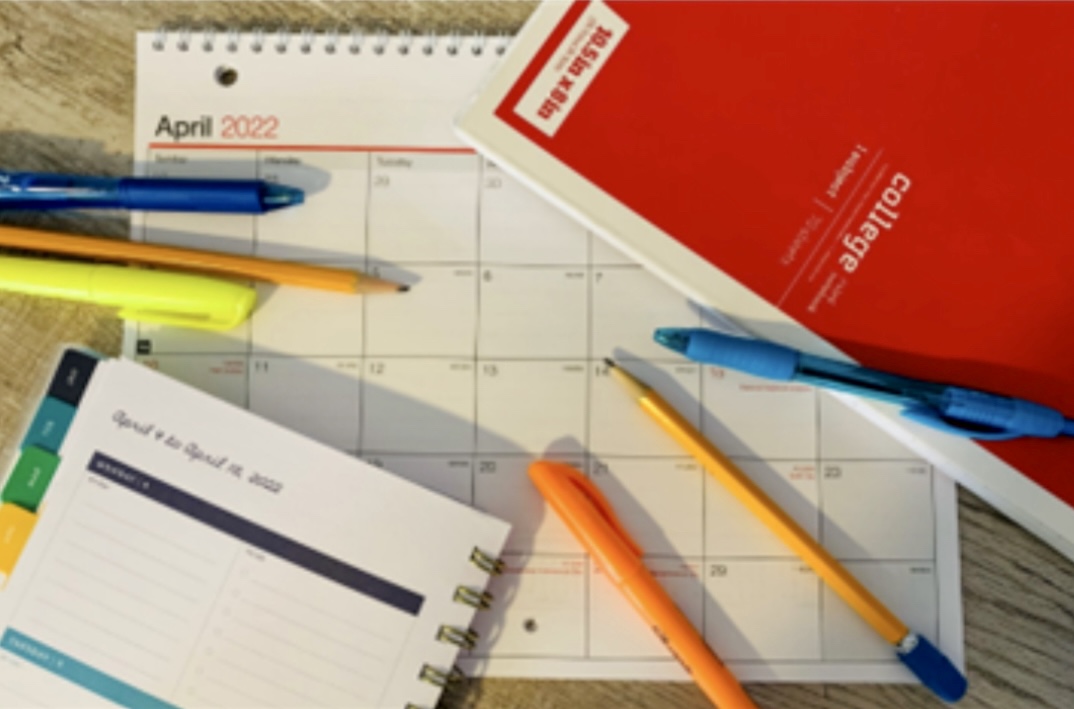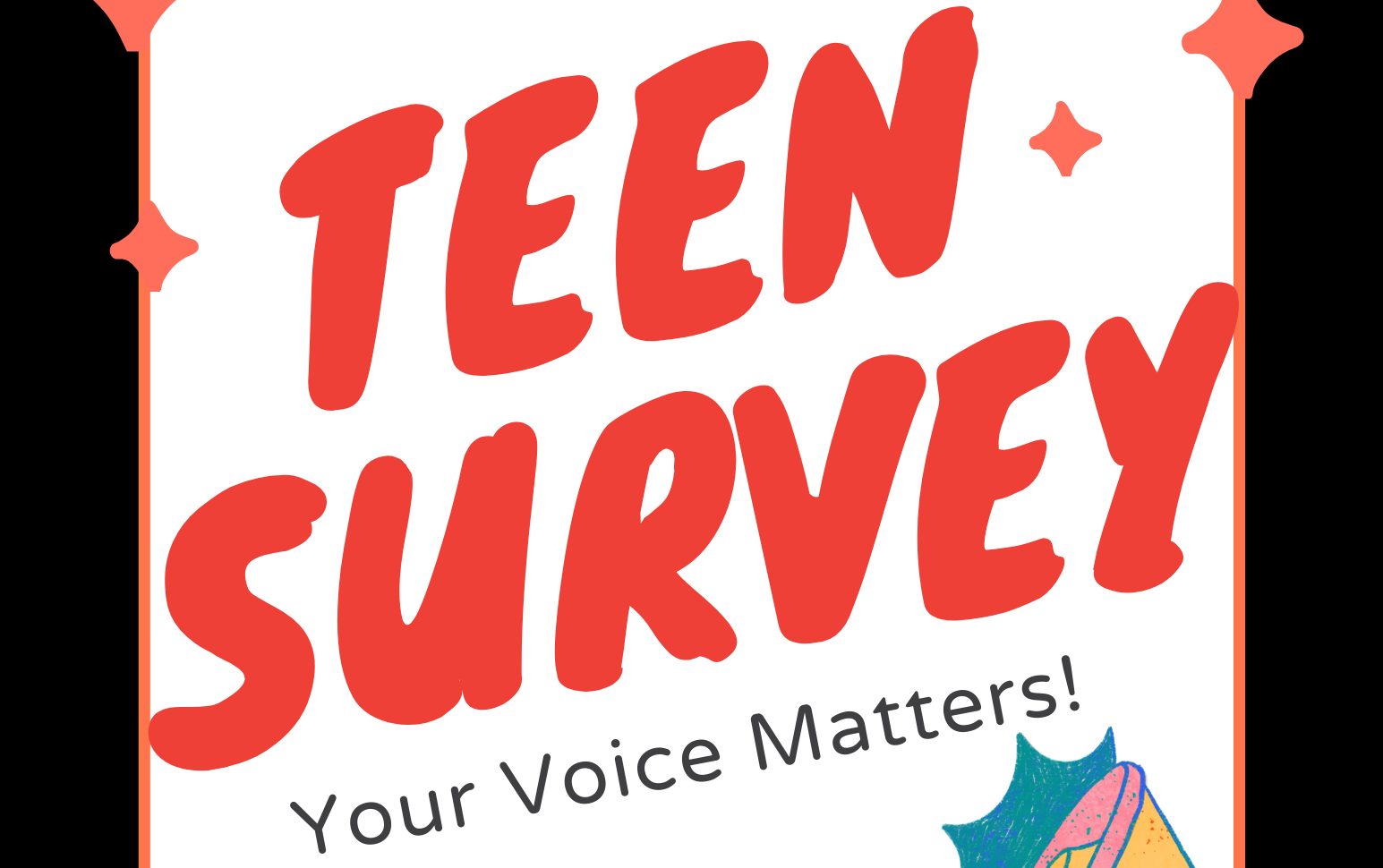I’d be shocked to meet any high school student who did not have a rough time balancing their schoolwork, sports, clubs, hobbies, and social life. Time management is essential to being successful, and with that comes the need for effective study habits and adequate sleep at night. This article is packed full of strategies from other students on how to have fun in high school while still keeping your future bright.
One aspect of school that I struggle with is managing time for homework and studying with everything else going on in my life.
Mark Ellis, the 9th grade counselor at North Springs High School explained: “It is a balancing act, and students need to make use of good time management skills. After school, take a break, however make sure to be working on your assignments in order to have time for those extracurricular activities. The most important thing to colleges is the overall average. That’s the best indicator of what type of student you’ll be in college.”
Emerson Goldberg, a freshman at North Springs, said, “I don’t have time to do one thing, and then when I try to focus on one thing I stop focusing on the other, but you kind of need to have both [focus on school and other activities]. You just need to be able to manage your time wisely so you can get both done.”
Feeling Overwhelmed
Gustavo Jones, a freshman at North Springs, said, “I feel really overwhelmed because sometimes schoolwork can become too much and I’m not able to finish it during school, so I have to do it at home. I also have to do the sports I like and help around the house, so I’m not able to do homework, so I get pretty overwhelmed. If I’m not able to complete the homework during the class, I try to get it done during my next period.”
The problem I’ve found is that students simply do not have time after school to do homework, so they do it during other classes, which causes them to not fully focus on the other class they are in.
Diana Ignatenko, a freshman at North Springs, told me, “I’m not that overwhelmed because I usually get my work done during class. If I get it done during class, I don’t have to do it later on, so I have more time for other things.”
Study Hall Solution?
I believe the solution to this problem is a class for study hall. I know teachers need to give homework to teach students the material at a reasonable pace, but with North Springs High’s new eight-period block schedule, there is time to have one of these classes become a study hall. Students could be in the study hall of their homeroom and not get a grade for the class, but instead only be marked for attendance. Teachers could complete their own work at this time while keeping their students on task and safe.
Ellis said, “I would like to see a study hall class, especially for freshmen, but it is difficult to build that in with the other electives and extracurricular activities that students are reporting they want to have. Students determine which extracurricular activities the school will offer based on the demand. If, in the future, students say ‘we want a study hall class,’ then I feel confident that it would be offered, but I would love to see it as an option regardless. Students’ requests are what drive us.”
I know a study hall could create other challenges because it would take up an elective, so I understand why it might not be possible. With that said, I know we’ll all need some strategies to get our schoolwork done efficiently. Of everyone I interviewed, the responses all echoed this: phones are restricting our ability to get work done in a timely manner.

Goldberg said, “I can get distracted easily, so I try not to be on my phone too much while I’m doing my homework. I usually listen to music because I can’t be in complete silence, but I also can’t be watching TV, or I get too distracted.”
Ignatenko said, “I usually get distracted by my phone or my pet or my family, but I go in my room and put my phone away, or, if I do have my phone, I just put music on.”
Jones added, “I get distracted by my phone and messages, so I try to just space it out and put a timer on to get my homework done.”
Homework vs Phone
When studying and finishing my homework, I also eliminate all distractions. When I’m doing homework with my phone next to me, it takes me double the amount of time to finish. If I have my phone next to me while studying, when the test comes, the information I need for the test mixes with the memories of the distraction on my phone that I had while studying.
Imagine you’ve put away all distractions, you’re sitting on your bed, at your desk, or wherever you do homework, and you’re stuck. You have all this boring work, and you don’t know where to start. You’ve lost all motivation and all you want to do is sleep.
When I reach this inevitable time in my day, I’ve found that making a list of priorities helps me. I write a list of all my assignments and upcoming assessments and then write when they are due or occurring. This process helps me sort through what I should work on first, and what I can save for the future, while also giving me time to get my mind ready to work.
Noa Lazarian, a freshman at North Springs, has a similar approach: “I shove everything into my calendar, and then that’s when I’m going to get everything done.”
On the topic of calendars, from my own experience, I can say that using a calendar is only beneficial if I remember to study for short amounts of time over multiple days before the test to make it easier for me to digest and remember the material. In my calendar, I make a schedule that includes time for my hobbies and sports. This also shows me if any of my clubs have meetings with conflicting times.
I am also someone who gets overwhelmed and stressed easily. I have an unhealthy habit of going on my phone for hours when this happens, so I’ve been trying to read or draw instead.
Take a Breather
Goldberg told me, “Usually I will try to give myself some independent time and just give myself time to recuperate. It’s important to give yourself a breather, so I’ll maybe watch a show, or I’ll do make-up. I just do something I love doing to take off the stress.”
On weekends when I have more time, I like to improve my art or bake. Both activities require my full attention, so I use these to take my mind off everything else in my life.
Another problem I’ve noticed in all high schoolers is the weight of not sleeping enough at night. For reference, the CDC recommends eight to 10 hours of sleep each night for people ages 13 to 18.
Goldberg said, “I definitely don’t get the full eight hours. I usually get between five and seven hours, which I know is not enough, but I’ve gotten into a habit of doing that. I’m not usually tired during the day, but it would definitely be healthier if I got eight hours.”
Jones added, “I get very little sleep. I get about five to six hours of sleep, and I definitely want more.”
Finally, I think it’s essential to mention the importance of not overscheduling yourself.
Extracurriculars Advice
In reference to extracurricular activities, Lazarian said, “You can do a couple, but you just have to manage your time wisely.”
Goldberg said, “You do not have to do everything, and don’t do any clubs you don’t really like and are boring just because you want to get into a good college, because you don’t have time to do that. I’d say one to three clubs. If you are going to do the musical, then don’t do a sport at the same time. Look to see if the club is one that you have to put in a lot of time for. Think about how much time you have to give and see if you can manage to be there when you’re needed for them.”
Ignatenko said, “For freshmen, I would say you can do at least one sport and one to two clubs.”
Jones, added, “At least do two. One sport and one or two extracurricular activities.”
The student perspective is essential, but so is the perspective of a teacher who knows what colleges like to see.
Counselor Ellis told me, “Colleges want to see a continuation of one or more of the extracurricular activities. They want to see you in it a couple years or more, ideally at least three. Along the way, have a leadership role or two, like being a co-captain of a team, first chair in an orchestra or band, leading a community service project, or being an officer of a club. In freshman year, explore the clubs, get involved, and build on that sophomore, junior, and senior year. I recommend starting small to determine what you can and cannot handle.”
I’ll personally be using the advice I’ve received while writing this, and maybe one day I’ll get the consistent eight hours of sleep that I need.
Sarah Meiselman, 15, attends North Springs Charter High School. She enjoys writing, reading, walking with her dog, and listening to true-crime podcasts.




